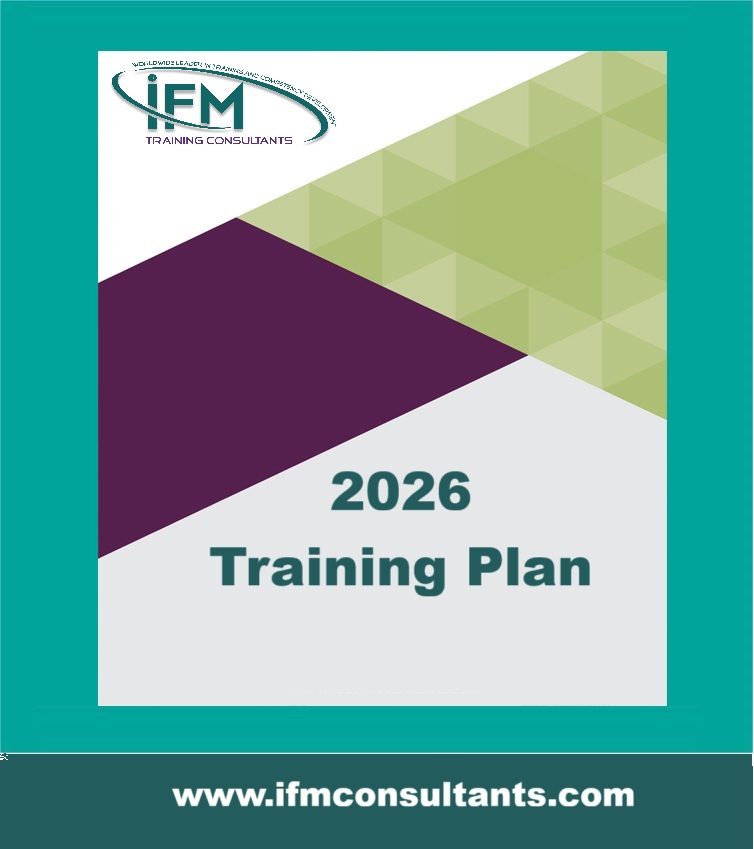Practical Application of Safety and Quality in the Laboratory
| Start Date | End Date | Venue | Fees (US $) | ||
|---|---|---|---|---|---|
| Practical Application of Safety and Quality in the Laboratory | 23 Nov 2025 | 27 Nov 2025 | Riyadh, KSA | $ 3,900 | Register |

Practical Application of Safety and Quality in the Laboratory
| Start Date | End Date | Venue | Fees (US $) | |
|---|---|---|---|---|
| Practical Application of Safety and Quality in the Laboratory | 23 Nov 2025 | 27 Nov 2025 | Riyadh, KSA | $ 3,900 |
Introduction
It is very important to lab staff, Technicians, supervisors, and managers to learn how to create success in their lab. The course provides basic laboratory analysis methods for crude oil, hydrocarbon gas, and water. It is designed to provide an introduction and practical application of safety and quality in the laboratory. It is designed also to understand the basics of lab analysis, how to apply quality standards, how to do health and safety risk assessments, how to develop the technical, and methods in the lab, and how to evaluate the lab results.
Objectives
The aim of this course is to enrich and update the knowledge and skills of the participants for understanding laboratory technical, requirements of quality laboratory, and procedure of safety methods. By enabling the participants to provide an understanding of the roles of the quality and technical performance in the laboratory. Provide an understanding of the roles of quality standards, how to develop the technical, and methods in the analytical lab, and how to evaluate the lab results.
Training Methodology
This is an interactive course. There will be open question and answer sessions, regular group exercises and activities, videos, case studies, and presentations on best practice. Participants will have the opportunity to share with the facilitator and other participants on what works well and not so well for them, as well as work on issues from their own organizations. The online course is conducted online using MS-Teams/ClickMeeting.
Who Should Attend?
The course is planned for, lab technicians, lab supervisors and chemists. The course is also designed for people who implement, maintain and review laboratory quality systems.
Course Outline
Day 1:
- Introduction
- Laboratory, Terminology, and roles
- Laboratory and personnel responsibility
- Prepare to work on laboratory
- Equipments
- Chemicals
- Instruments
- Laboratory Housekeeping
- Laboratory Safety Guideline
- Laboratory Safety Equipments
- Safe Lab Environment
- Personal Protection Equipments (PPE)
- Identification of hazardous chemicals
- Safe work practices and procedures
- Handling gases, chemicals, and flammable liquids
- Laboratory waste disposal
- Spill and hazard waste management
Day 2:
- Oilfield Sampling
- Handling
- Labeling
- Preparations
- Reservation and Stores
- Type of Laboratory Analysis
- Physical Analysis
- Chemical Analysis
- Qualitative Analysis
- Quantitative Analysis
- Methods of Laboratory Analysis
- Classical Methods
- Instrumental Methods
- Spectroscopy technique
- Chromatography technique
- Electrochemical technique
Day 3:
- Choosing the Right Instrument
- Chemical Measurement
- Types of methods
- Selection of methods
- Calibration
- Reference material, blank correction
- Maintenance and troubleshooting
- Routine Maintenance
- Equipment Maintenance
- Application of Analysis
- Crude oil analysis
- Evaluation of crude Oil
- Carbon Residue, Asphaltene Content
- Density (Specific Gravity)
- Distillation
- Light Hydrocarbons
- Metallic Constituents
- Salt Content
- Sulfur Content
- Viscosity and Pour Point
- Water and Sediment
- Wax Content
- Other Tests
Day 4:
- Water analysis
- pH acidity and alkalinity
- Temperature
- Density
- Turbidity
- Total Hardness
- P, M & OH Alkalinity
- Specific conductance
- Total Solids (TS)
- Total Dissolved Solids (TDS)
- Total Suspended Solids (TSS)
- Dissolved Oxygen (DO)
- Oxygen Demand (COD, BOD)
- Organic contaminants
- Toxic Organic Compounds
- Radioactive contaminants
- Nutrients
- Chloride
- Cyanide
- Pathogenic microorganisms
- Sulphite
- Phosphate
- Oil and Grease in water
- Inorganic Chemicals
Day 5:
- Hydrocarbon Gas analysis
- Gas-Handling Facilities and Treatment Physical and chemical properties of hydrocarbon gases
- Composition of hydrocarbon gases
- Testing and analysis of hydrocarbon gases
- Composition of hydrocarbon gases by Gas Chromatography
- Mathematical Evaluation of data
- Reporting results
- Significant Figure Rules
- Laboratory Certification
- The Evaluation of Results and Methods
- Laboratory Information Management Systems (LIMS)
- Quality Control and Assurance
- Quality Audit (Internal and External)
- Lab quality requirements (ISO 17025)

















